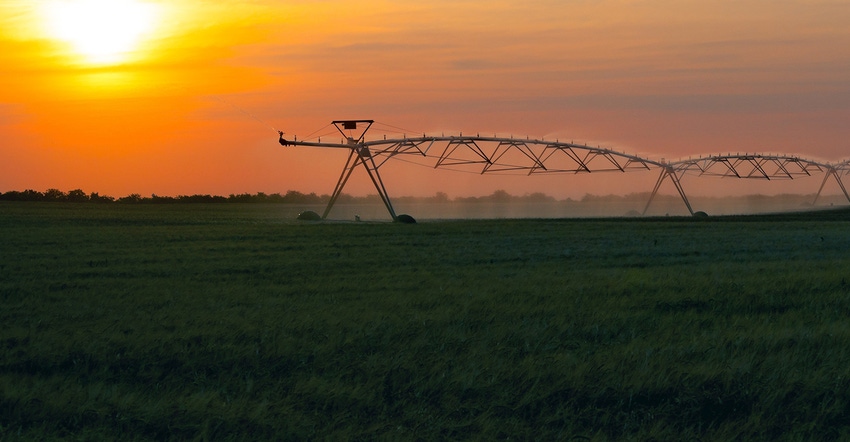June 22, 2018

Here at the Family Farm Alliance, our farm bill energies and engagement leading up to the release of the House and Senate bills have focused primarily on the conservation title. The Family Farm Alliance supports a farm bill that maintains funding for the conservation title, and that makes farm bill programs work better for producers in the irrigated West. Our overall goal for the farm bill is to increase opportunities for farmers, and their related water management entities, to invest in improvements in water management and more efficient irrigation technologies. This will lead to more reliable water supplies, and increased resource conservation crop yields and environmental benefits. Of course, benefits realized by farmers and ranchers translate to benefits enjoyed by American consumers.
We believe the House bill represents the high-water mark for funding and modifying the conservation programs that the Family Farm Alliance has supported through the past two farm bills. We have more concerns with the Senate farm bill’s conservation title, but agree with American Farm Bureau Federation President Zippy Duvall’s observation that the Senate bill must strike a balance that will help set the overall congressional tone for getting the farm bill done this year.
We were pleased to see that the House farm bill provides several billion dollars of new funding for the Environmental Quality Improvement Program and Regional Conservation Partnership Program beyond existing levels. This increase in funding for key programs is particularly significant in the face of the possibility that others may wish to cut funding for the conservation title.
Expanding support
The bill strengthens the tools for managing agricultural landscapes in several other ways. For example, the bill makes EQIP and RCPP funding accessible to Western irrigation districts and other water organizations for the first time, something we have been advocating for since the 2002 farm bill. Partnerships with irrigation and water districts and individual producers strengthen the outreach potential and ability to effectively implement projects for growers. With this change in the law, the Natural Resources Conservation Service will have the authority to do this for the first time.
The bill also simplifies administration of the RCPP program, which will allow NRCS to spend more time on getting conservation dollars to producers on the ground — and less time on navigating unnecessarily complex rules.
Importantly, the bill provides new, significant mandatory funding for the Watershed Protection and Flood Prevention program (often referred to as the P.L. 566 program), which we hope will be an increasingly flexible and valuable tool for larger-scale water infrastructure projects.
Our goal at the Family Farm Alliance is to find solutions to Western water conflicts that protect our national ability to feed ourselves and export food to others. Western irrigated agriculture must continue to help America lead the world in agricultural production while finding ways to accommodate the water supply needs of growing urban areas, energy development, recreation and environmental preservation. We look forward to working with our members, partners, and Congress to build a 2018 Farm Bill that embeds some of these sensible, workable policies.
Keppen is executive director of the Family Farm Alliance.
About the Author(s)
You May Also Like




